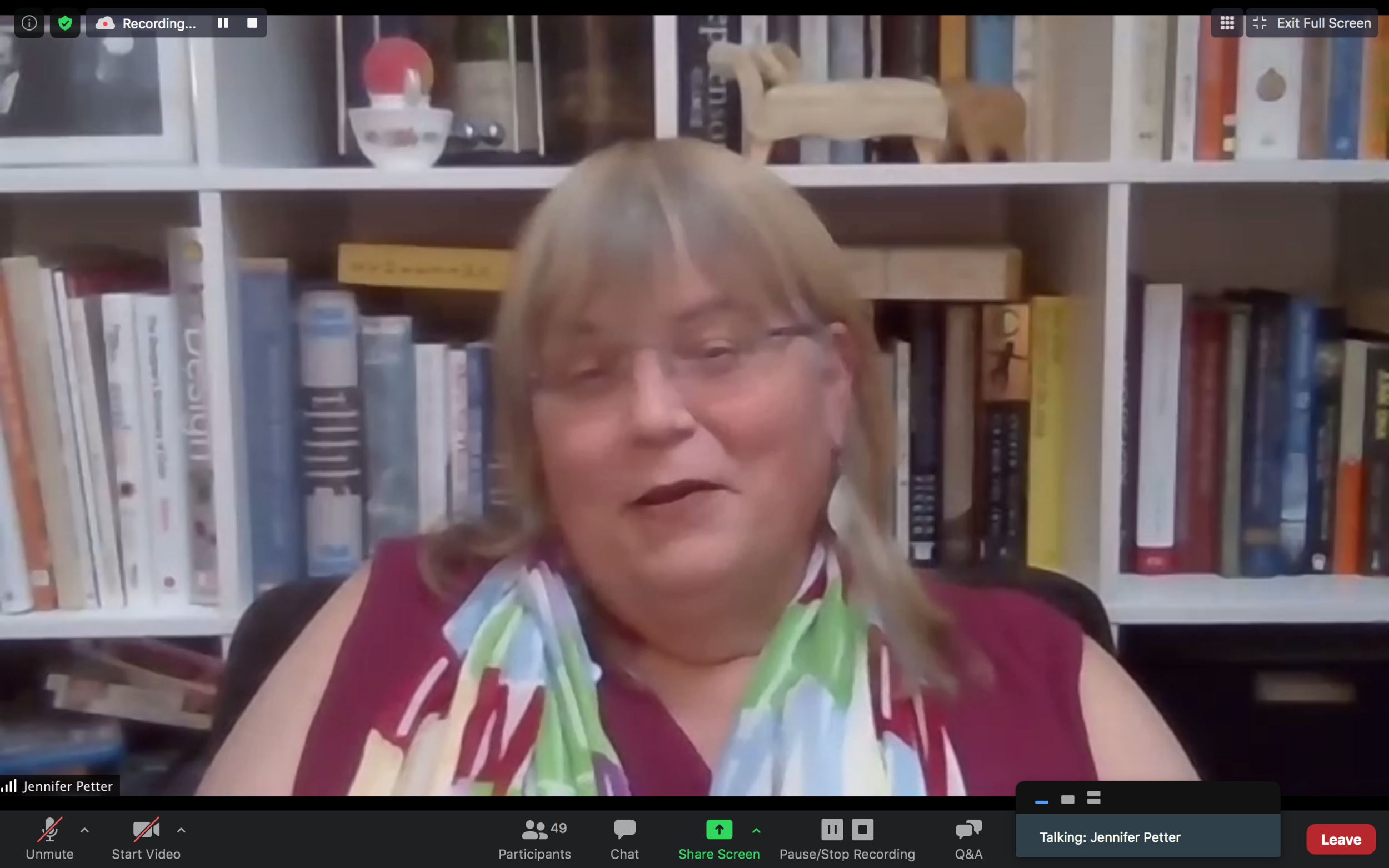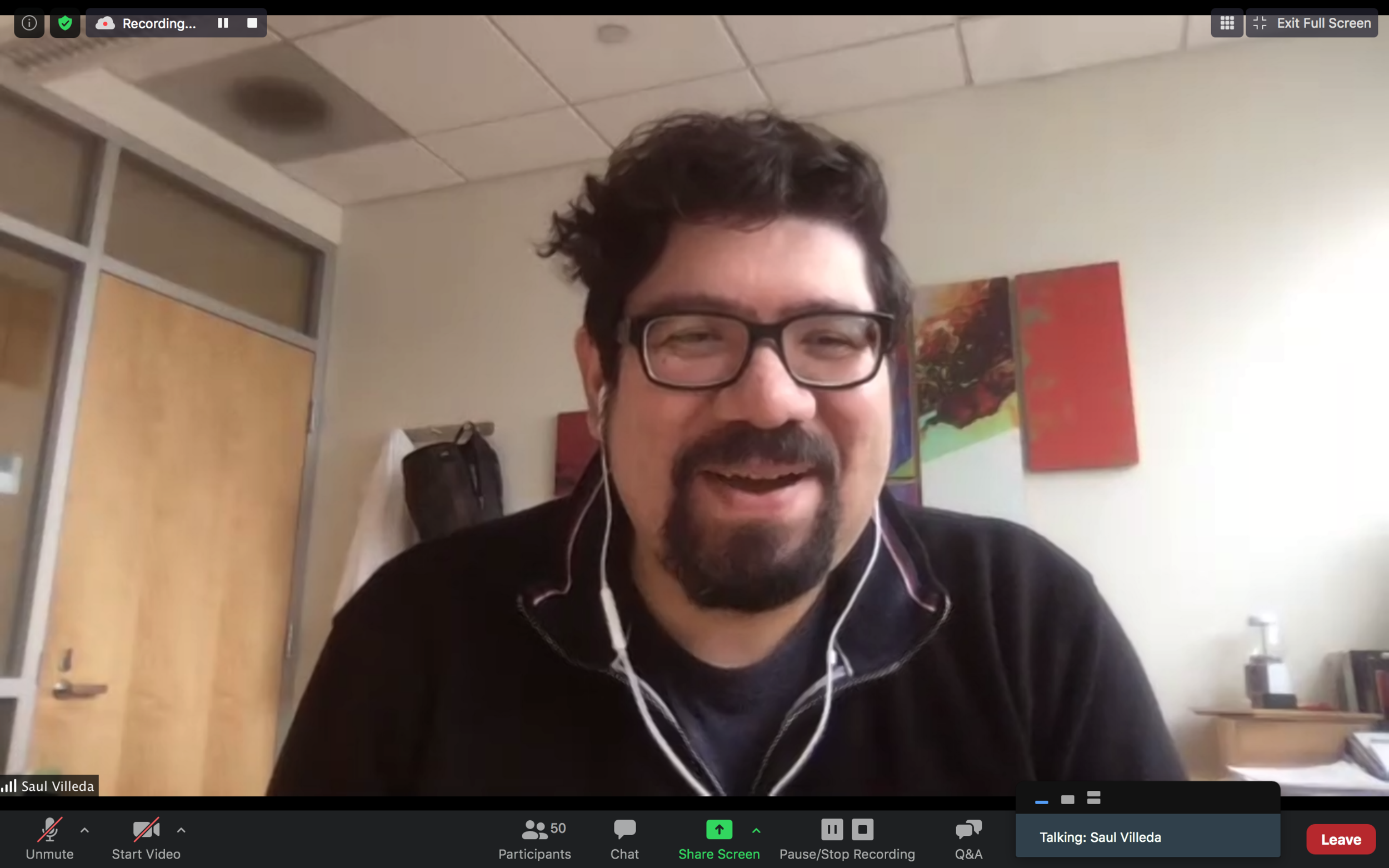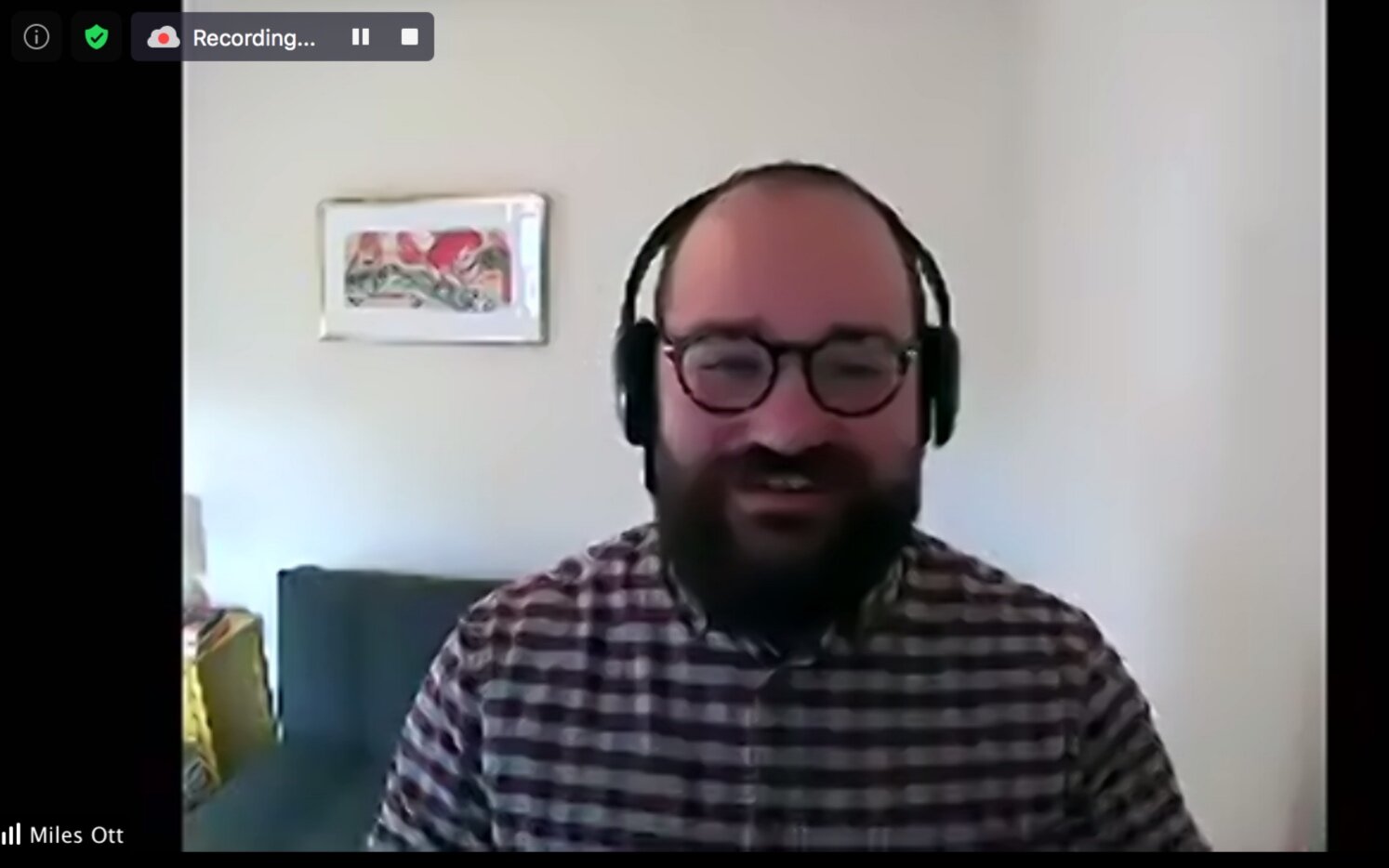RockOUT brought back its annual flagship event, the Out In Science panel, on Thursday, May 23, 2024, for the first time since 2020. The panel was an opportunity for attendees to understand how the LBGTQ+ identities of three highly accomplished scientists have impacted their scientific careers and journeys. Drawing from the experiences of Dr. Emma Benn, Dr. Andre Isaacs, and Dr. Michael Pride, attendees gained insight into how they can balance successful and fulfilling scientific careers while finding happiness, comfort, and confidence in their identities. Attendees also learned how to be better allies to their LGBTQ+ friends and colleagues, and consider how sexual orientation can interface with people’s other identities.
Panelists included the incredible Dr. Emma Benn, Associate Professor and Founding Director of the Center for Scientific Diversity at Mount Sinai, the iconic Dr. Andre Issacs, Associate Professor at the College of the Holy Cross and social media sensation, and the brilliant Dr. Michael Pride, Vice President of Vaccine Research & Development at Pfizer. The panel was moderated by Dr. Devon Collins, Director of the Dana Frontiers Program at the Dana Foundation and one of the founding members of PRISM (now RockOUT).
The event was a huge success. Attendee and RockOUT board member Will Doyle found it “inspirational to see queer HOLs emphasize the importance of visibility at the highest levels in science”. The panel made attendee and RockOUT board member Giacomo Glotzer “realize how few queer mentors I can look up to and the importance of mentoring the next generation of queer scientists”. World-renowned ally and graduate student Ethan Seltzer, who had originally intended to complete important thesis work during the panel discussion, said “[I] did not accomplish as much as I had hoped which means that I was interested and engaged”. The panel was preceded by a lunch and succeeded by a reception and dinner, giving members of Rockefeller’s LGBTQ+ community an opportunity to connect with queer role models in a less formal environment.
All together, this panel provided an opportunity for members of Rockefeller’s LGBTQ+ community to connect with and establish queer role models in science, allowing them feel more comfortable and confident in their personal and professional identities.













